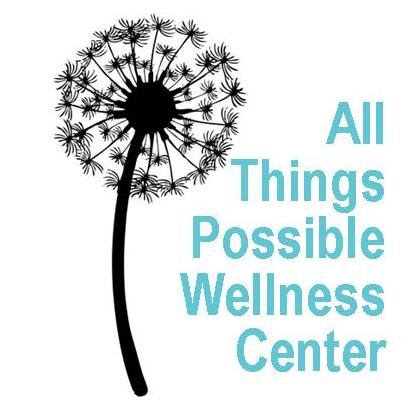Worry
By: Karen Weier, MA, LLPC, NCC
Most of us can probably agree that we have worried, about an actual or potential problem. Our worries might be centered around our finances, health, relationships, finding the right partner, losing a job, parenting, peer pressure, driving, pet health, family problems, to name a few. Sometimes we simply worry that we are worrying too much. If you suffer from constant worry, you may already know that worry can create physical symptoms, cause relationships to suffer, one can become less productive, become irritable, argumentative, and lose interest in activities that were once enjoyable.
According to Kevin L. Gyoerkoe, PsyD and Pamela S. Wiegartz, PHD (2006) worry consists of three main parts: future orientation, we worry about something that hasn’t happened yet; catastrophizing, we think about the future negatively, we focus on the worst possible outcome; and thirdly worry is language based thought versus image based.
Not all worry is bad. Gyoerkoe and Wiegartz label worry as productive and unproductive. Productive worry allows us to solve and react to realistic problems or situations in our lives. It pushes us to take immediate action to solve problems; taking care of an over-due bill or changing our eating habits in order to have optimal health. Unproductive worry generates no clear course of action. Instead of taking productive steps toward action these worries stop us in our tracks and creates more unproductive worry. Unproductive worry also causes us to focus on an unlikely event; car crash, plane crash. Unproductive worry stops us from living in the here and now, it causes us to miss out on opportunities, fun, advancements, adventure.
The next time you find yourself worrying ask yourself:
- Am I focusing on a realistic problem?
- Is the problem solvable?
- Is the worry motivating me to take action?
- Can I come up with potential solutions?
- Am I or can I act on these solutions?
If you answered no, to any of these questions, your worry is more than likely unproductive.
Gaining control of worry is not a simple task. It takes hard work, motivation, but most importantly it takes commitment. You need to commit to change and commit to sticking to the commitment. Commitment is vital if you want to gain control and manage worry. Once you have committed to change several other tools and techniques need to be learned and practiced. These include; learning to relax, changing ones thinking, learning to react differently, learning to accept uncertainty, learning how to manage time, learning to communicate assertively, and learning to confront ones worries (Gyoerkoe & Wiegartz, 2006).
Worry affects how we think, behave, feel, and relate to others. My hope for you is that by reading this you will be prompted to begin your journey towards managing unproductive worry. If you would like to learn more about managing unproductive worry, our clinicians at All Things Possible Wellness Center would be honored to walk along side of you, and provide you with the tools and techniques you need to manage and take control of your worry. Our desire is to help you have a life that is productive and filled with joy, happiness, and peace.
References
Gyoerkoe, K & Wiegartz, P. (2006) 10 simple solutions to worry. Oakland, CA: New Harbinger
Publications, Inc.
